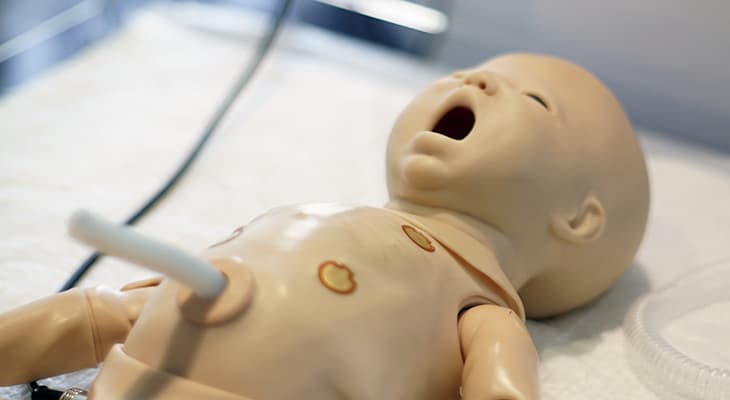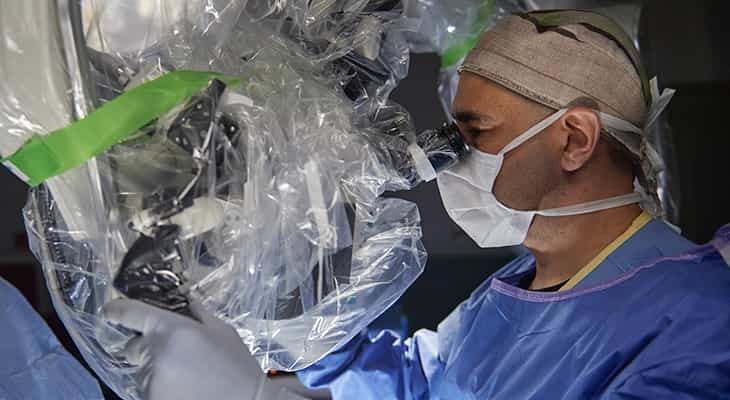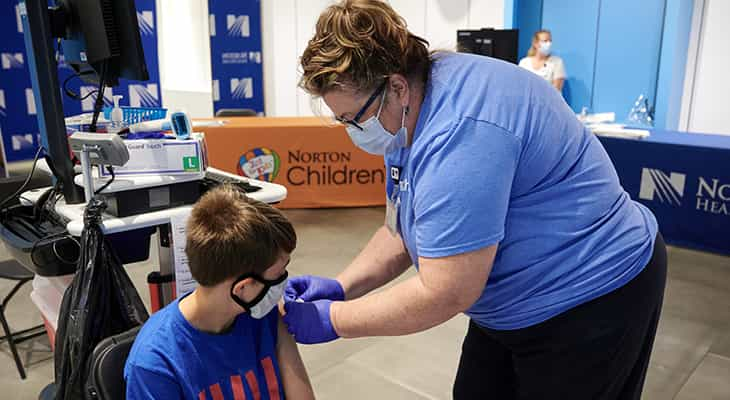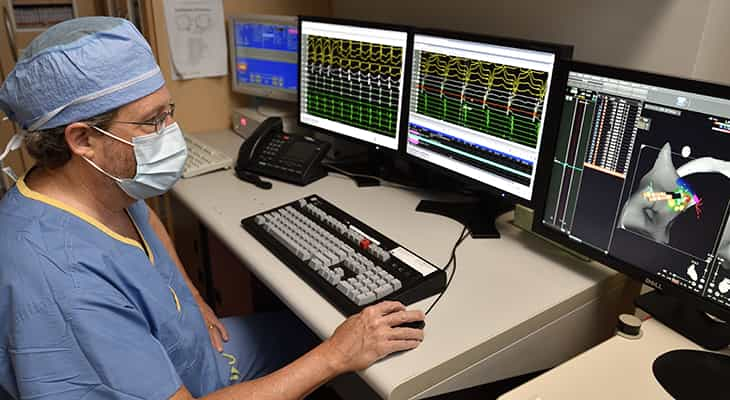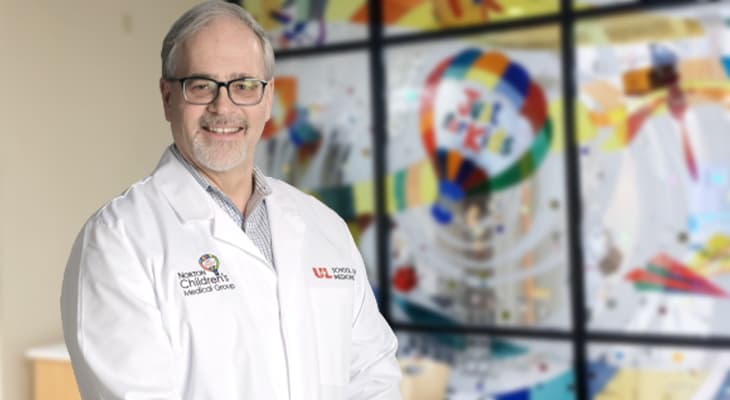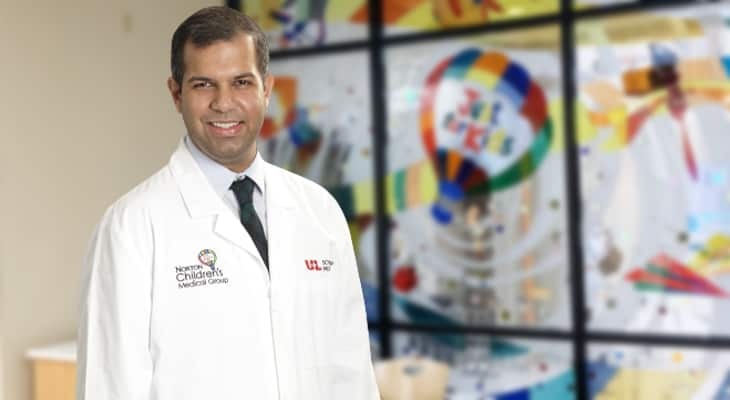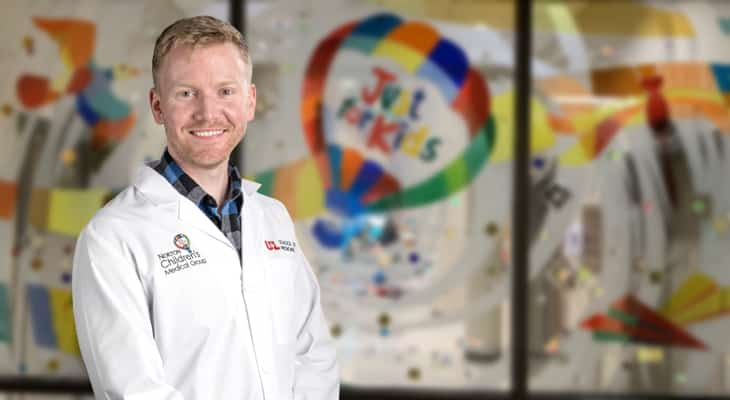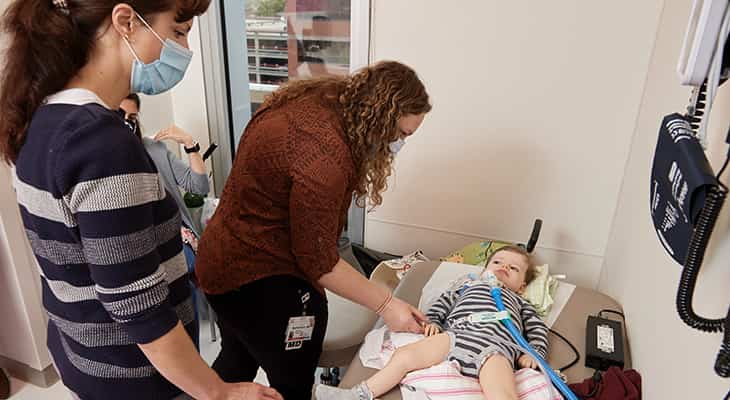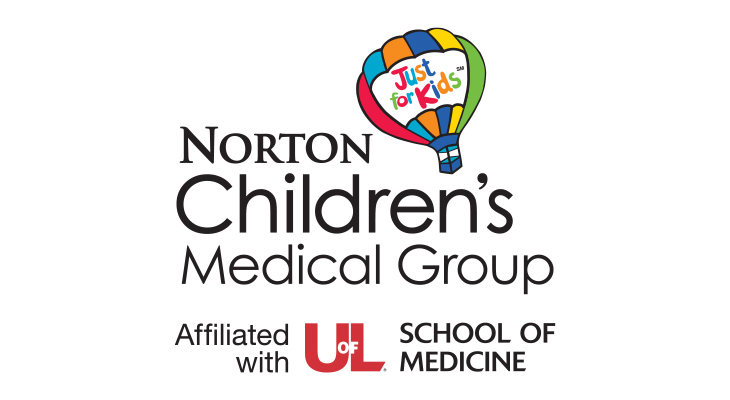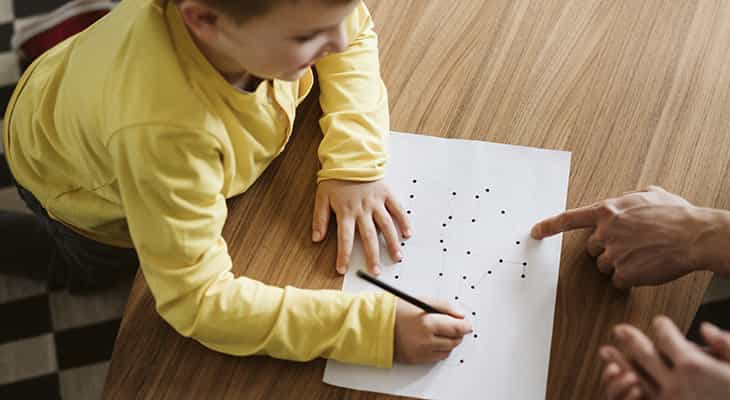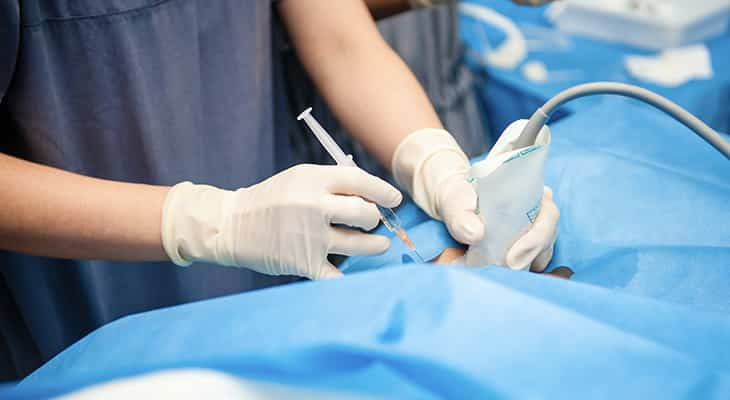Championing the use of pediatric simulations in medical training
Pediatric simulation isn’t much different from the training that allowed airline pilot Chesley “Sully” Sullenberger make a successful emergency landing on the Hudson River after a bird strike caused engine failure on the passenger jet […]
View moreThree neuromodulation approaches to treating refractory epilepsy
For two-thirds of children with epilepsy, medications are effective at reducing seizures. After trying two or more anti-seizure medications without success, the remaining one-third have medically refractory epilepsy. For these children, surgery, a ketogenic diet […]
View moreMedical treatment for depression and anxiety in pediatric patients
Before beginning medical treatment for depression or anxiety in a child or adolescent, it is helpful to rule out medical conditions such as anemia (checking iron, B12, and folate), diabetes, vitamin D deficiency and abnormal […]
View moreKids can develop ‘long-haul’ symptoms after COVID-19 infection
Even though children are more likely to be spared serious illness from COVID-19, the so-called long COVID-19 in children has brought symptoms like headache and fatigue lasting a month or more. The U.S. Centers for […]
View moreAdvancing knowledge and providing advanced care through clinical research
Recent Norton Children’s Heart Institute publications Read more at PubMed
View moreNorton Children’s Heart Institute earns accreditation from the Adult Congenital Heart Association
The only accredited program in Kentucky and Indiana, Norton Children’s Heart Institute is recognized for collaborative work to treat adults and children living with lifelong congenital heart disease. In recognition of its expertise in serving […]
View moreSoham Dasgupta, M.D., joins Norton Children’s Heart Institute
Soham Dasgupta, M.D., has joined Norton Children’s Heart Institute, affiliated with the UofL School of Medicine, as a pediatric cardiologist specializing in pediatric electrophysiology. Dr. Dasgupta completed his initial medical training at the Calcutta National [...]
View moreNeurological effects of COVID-19 in children double with preexisting neurological condition
Neurological effects of COVID-19 in children have been most common in those who had a preexisting neurological condition, representing both new symptoms and a continuation or worsening of previous symptoms, according to a recently published […]
View moreDuchenne muscular dystrophy treatments and advances
Duchenne muscular dystrophy (DMD) is an X-linked recessive disorder caused by deficiency of the dystrophin protein. In the absence of dystrophin, skeletal muscle fibers rupture and atrophy over time leading to progressive weakness, respiratory muscle […]
View moreOctober 2021 Norton Children’s Medical Group New Providers
Heron Baumgarten, M.D. Pediatric Surgery Jessica Ford, D.O. Neonatology Alexandra C. Cheerva, M.D. Pediatric Hematology/Oncology Amy L. Holthouser, M.D. Pediatrics John N. Juneau, D.O. Neonatology Kelly Betz, APRN Sleep Medicine Sarah Hatter, APRN Pediatrics Krystal […]
View moreAssessing children for developmental delay
Children who are behind their peers in motor skills, speech, listening, understanding or social development are developmentally delayed, a common condition affecting 15% to 20% of children nationally. “It’s important to identify and screen for […]
View morePhenol neurolysis for spasticity management
Precisely placed phenol injections can relieve spasticity by inducing axon necrosis, essentially destroying the nerve causing the spasticity. As a focal treatment, the phenol needs to be injected at the motor points of the right […]
View more